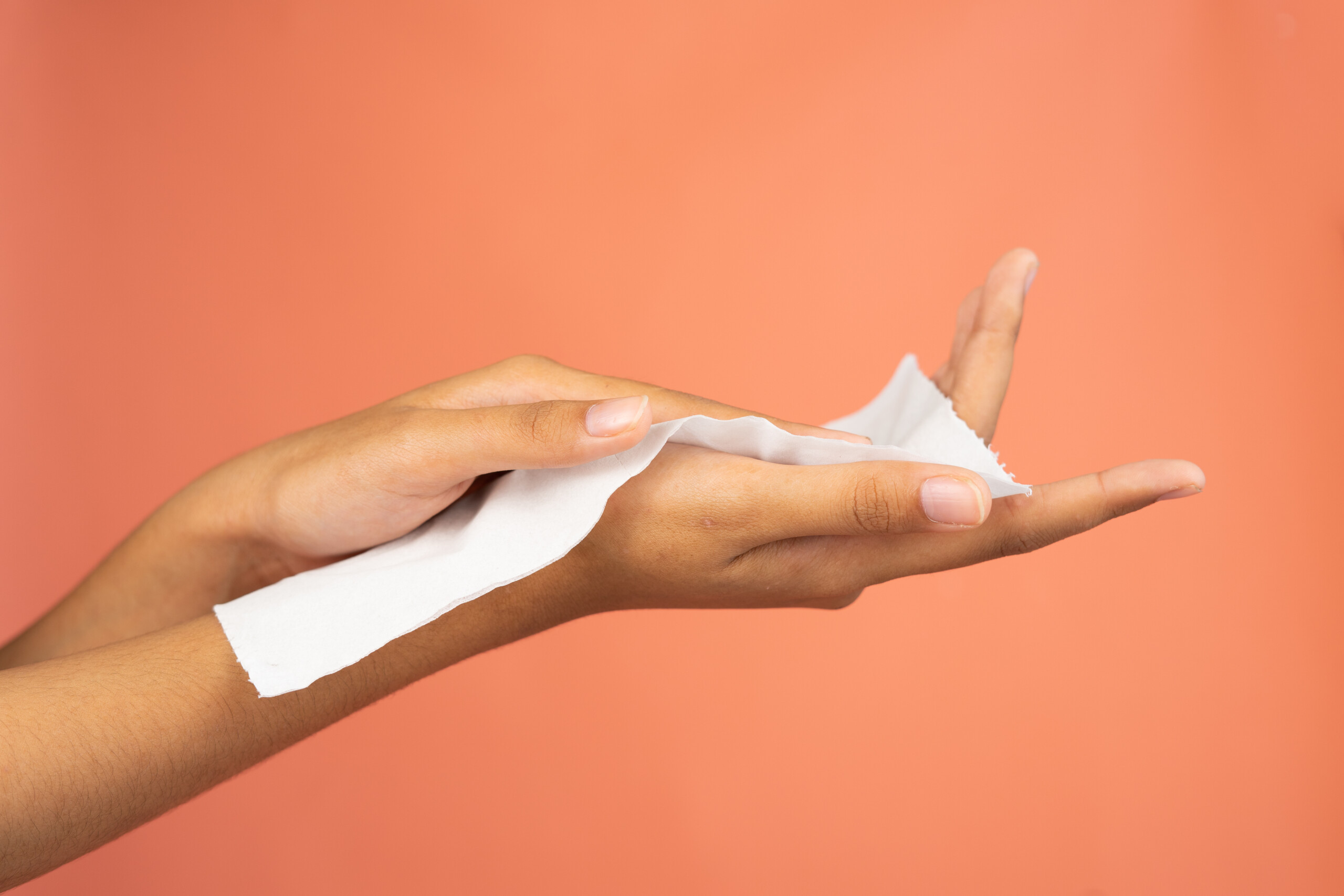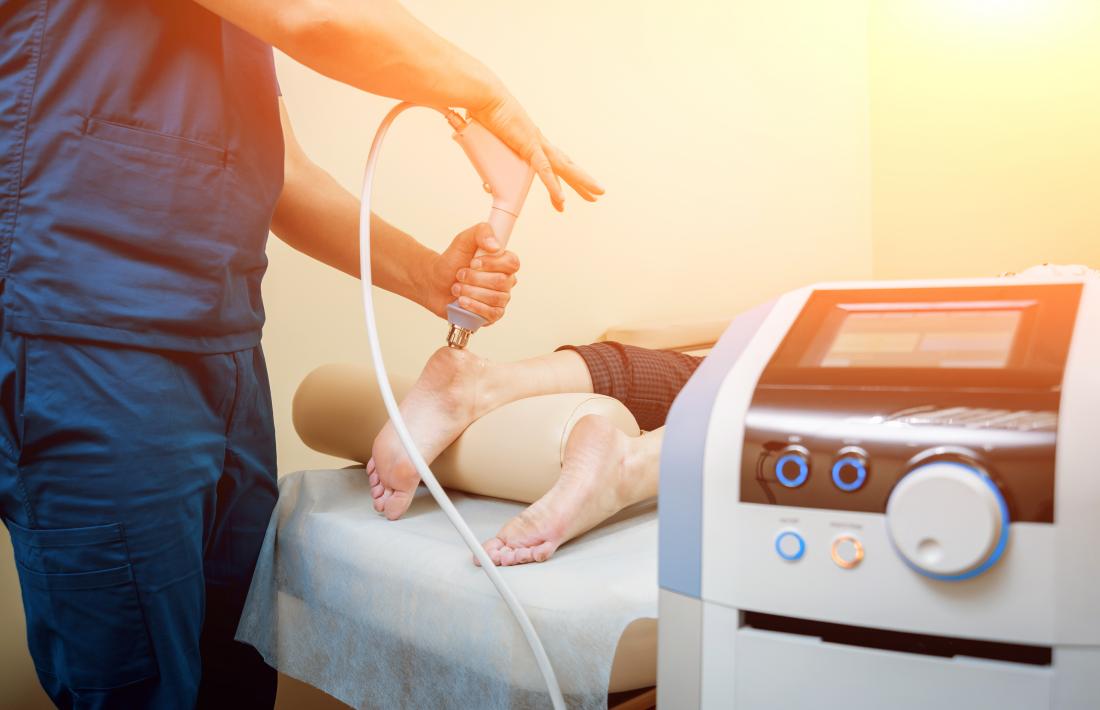Dermatology Tips and Treatments for Hyperhydrosis of Hands: Cutting-edge Solutions
Dermatology Tips and Treatments for Hyperhydrosis of Hands: Cutting-edge Solutions
Blog Article
Recognizing the Origin of Excessive Sweating and Its Effect On Every Day Life
Too much sweating, likewise referred to as hyperhidrosis, is a problem that affects a considerable portion of the population, yet its underlying reasons and ramifications on day-to-day working remain rather enigmatic. While it is typically understood as a physiological reaction to regulate body temperature level, the triggers for excessive sweating can vary commonly among people, encompassing not only physical elements however likewise emotional and mental aspects. In addition, the influence of this condition prolongs past plain discomfort, typically influencing social communications and general top quality of life. By delving into the source of hyperhidrosis and discovering its diverse results, a much deeper understanding of this prevalent problem can be gotten, dropping light on the intricacies that individuals coming to grips with too much sweating navigate each day.
Physiology of Sweat Glands
The guideline of sweat manufacturing, an important physical process, is primarily managed by the task of gland dispersed throughout the body. Sweat glands are categorized right into 2 primary types: eccrine and apocrine glands. Eccrine glands are the most numerous and are located in almost all areas of the body. They play an important duty in thermoregulation by secreting a watery liquid onto the skin's surface, which helps and evaporates cool the body down. On the other hand, apocrine glands are focused in locations abundant in hair roots, such as the underarms and groin, and their secretions are thicker and milklike in appearance.
When the body temperature level rises, either due to physical activity, heats, or psychological anxiety, the nerves activates the sweat glands to create sweat. This sweat is made up largely of water and electrolytes like sodium and chloride. The procedure of sweat production is essential for keeping the body's internal temperature within a narrow, optimum range, highlighting the important duty gland play in human physiology.
Triggers for Excessive Sweating
In comprehending the source of excessive sweating, it is critical to determine the triggers that can lead to this physical feedback. Excessive sweating, also called hyperhidrosis, can be motivated by various aspects, both environmental and physiological. One common trigger is psychological stress or anxiousness, which can boost the body's gland to create even more sweat than is essential for cooling down. Physical effort, high temperature levels, and spicy foods are also recognized to trigger extreme sweating in individuals susceptible to this problem. In addition, certain clinical conditions like menopause, diabetic issues, or hyperthyroidism can add to excessive sweating also.
Furthermore, drugs such as some antidepressants, opioids, and specific supplements can likewise function as triggers for hyperhidrosis. Comprehending these triggers is essential in managing extreme sweating effectively - Treatment for hyperhydrosis of hands. By identifying and addressing the certain triggers that motivate extreme sweating in an individual, healthcare companies can establish personalized therapy strategies to relieve this condition and boost the individual's lifestyle
Medical Issue Associated
Connected with extreme sweating are various medical problems that can exacerbate this physiological response. One typical problem is hyperhidrosis, a disorder defined by extraordinarily enhanced sweating that goes beyond the body's thermoregulatory requirements. This can materialize in focal locations like the hands, soles, underarms, or face, affecting a person's top quality of life because of social shame and discomfort.
Moreover, endocrine disorders such as hyperthyroidism, diabetes, and menopausal warm flashes can additionally lead to too much sweating. Hyperthyroidism triggers an overflow of thyroid hormones, accelerating metabolic rate and setting off sweating.
Furthermore, infections like endocarditis, hiv, and consumption have been connected with evening sweats, pop over here a typical symptom understood to disrupt rest and affect overall wellness. These medical conditions highlight the diverse array of underlying aspects that can add to too much sweating, demanding thorough analysis and management by medical care specialists.
Mental and emotional Factors

Impact on Social Communications
Too much sweating can have profound effects on a person's capacity to engage comfortably in social communications. The noticeable signs of sweat stains or damp spots on garments can cause humiliation and self-consciousness, causing people to take out from social situations. This withdrawal can impact connections, limitation social tasks, and prevent individual and expert growth.

Additionally, the anxiousness and self-esteem concerns originating from extreme sweating can affect communication and social skills. Individuals may struggle to concentrate on conversations, get involved in team activities, or express themselves with confidence. This can result in sensations of isolation and loneliness, as social links end up being testing to preserve.
Final Thought

While it is generally understood as a physical response to control body temperature level, the triggers for excessive sweating can vary commonly amongst people, encompassing not only physical aspects yet also emotional and mental aspects. By delving into the root triggers of hyperhidrosis and discovering its complex results, a much deeper understanding of this prevalent concern can be obtained, losing light on the intricacies that people grappling with extreme sweating navigate on a daily basis.
Physical exertion, high temperatures, and spicy foods are additionally recognized to cause too much sweating in people susceptible to this condition. By recognizing and resolving the details triggers that trigger extreme sweating in an individual, medical care carriers can establish customized treatment strategies to minimize this condition and boost the individual's top quality of life.
Extreme sweating can have profound impacts on an individual's capacity to engage easily in social interactions.
Report this page